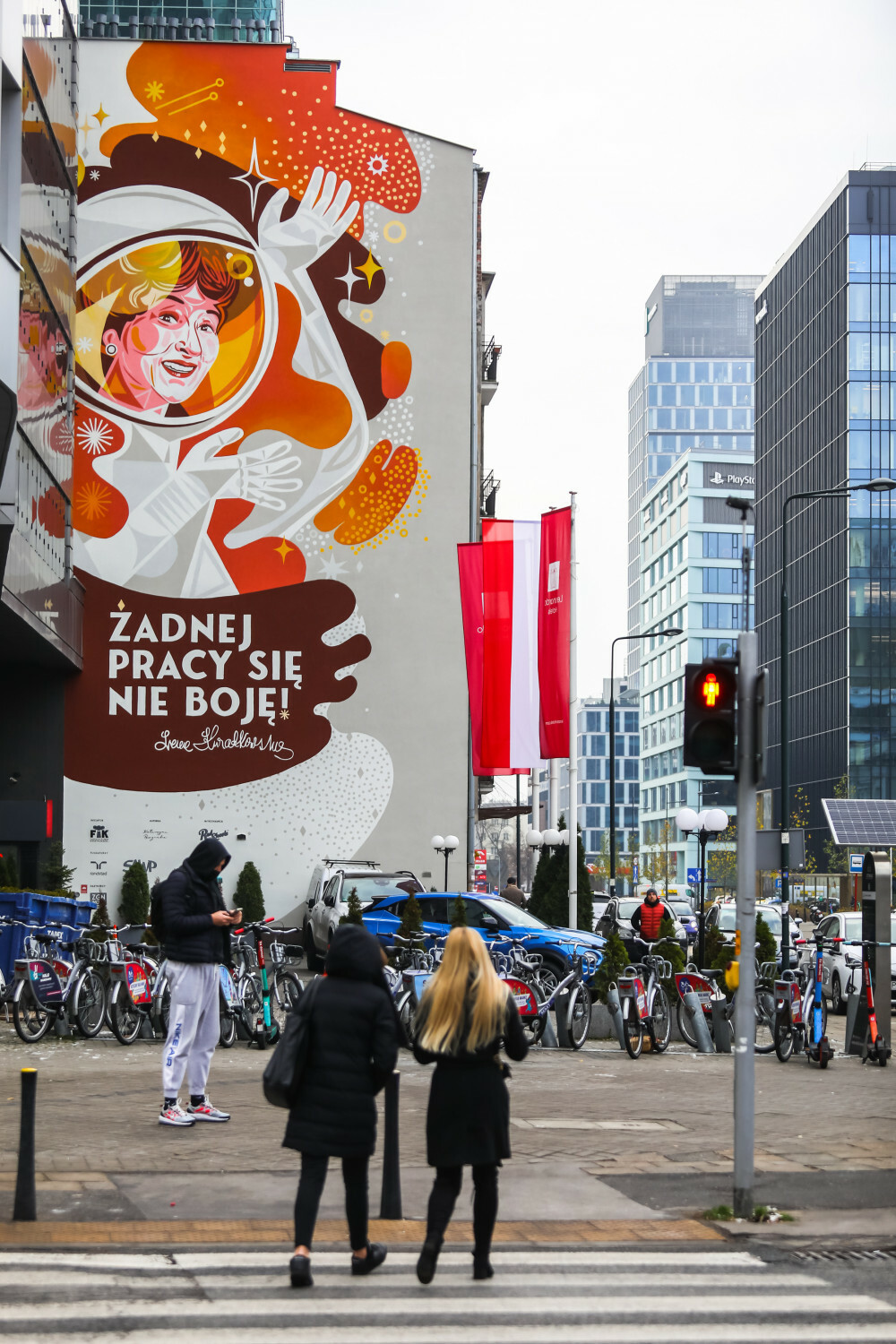According to the report “SDG 2023 Women on the path of sustainable development”, issued by the Central Statistical Office (GUS), the average length of professional career of Polish women is getting longer, but we remain among countries where the expected length of professional life of women is one of the shortest. At the same time, Polish women, like most European women, are active on the labour market for a shorter period than men.
The estimated period of professional activity of Polish women in 2010 was 29 years, while in 2022 it was 32 years, despite the lowering of the retirement age to 60 from 1 October 2017. On average in the European Union (EU), women’s estimated working life expectancy increased from 31 to 34 years during this period.
“Despite the increase in the working life expectancy of Polish women, they still rank among the top ten EU countries in terms of the shortest time they remain in the labour market. This is due, among other things, to the low level of economic activity of Polish women (aged 15 and over) in comparison to the rest of the Community’s female population, which is connected, among other things, with their different retirement ages.
Both in Poland and in the other EU countries, women are less likely to have a job than men. In 2022, 81 % of women in the 25-54 age group were employed in Poland against 90 % of men in the same age group. Women in Poland are also more likely (more than twice) to withdraw from the labour market. However, the phenomenon of professional inactivity is less common today than it was about a decade ago.
From the CSO report, we also learn that on both the Polish and EU labour markets, the most feminised areas of professional activity have for years been those related to health and social care and education, as well as household activities (including cooking, teaching, caring for household members and other services, including the production of various products for household needs). Women in Poland account for more than 80 % of the total workforce in each of these sections.
Arkadiusz Słomczyński





